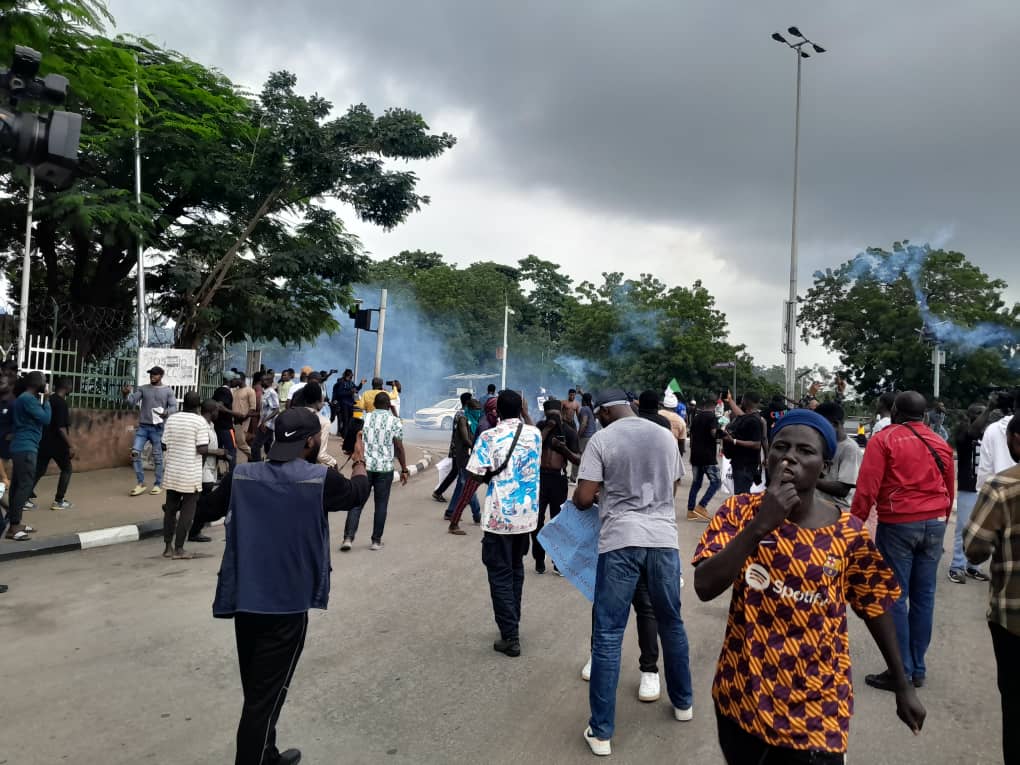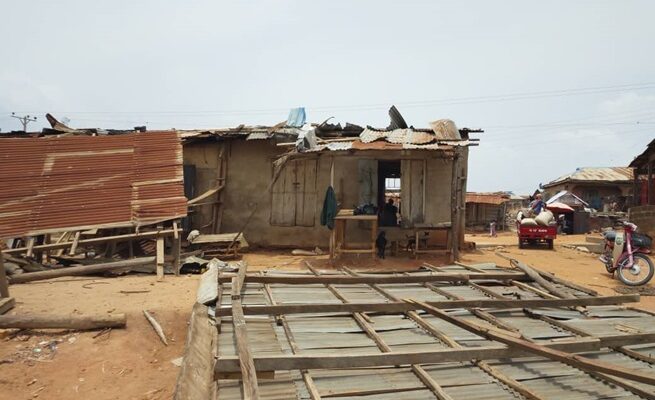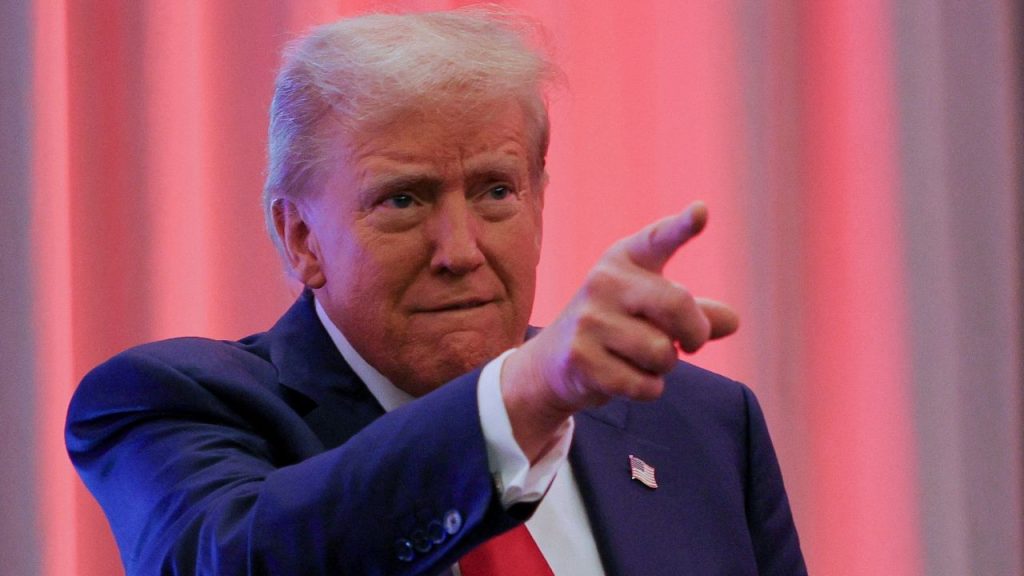The Economic and Financial Crimes Commission (EFCC) is set to re-arraign former National Security Adviser, Colonel Sambo Dasuki (retd), and a former top executive of the Nigerian National Petroleum Corporation (NNPC), Aminu Baba-Kusa, today. Two companies—Acacia Holdings Limited and Reliance Referral Hospital Limited—are also standing trial alongside them.
The case has been reassigned to Justice Charles Agbaza of the Federal Capital Territory (FCT) High Court. This change follows the promotion of the previous trial judge, Justice Hussein Baba-Yusuf, to Chief Judge of the FCT.
Dasuki faces renewed trial over N33.2 billion arms deal
Dasuki and his co-defendants were first arraigned on December 14, 2015, on a 19-count charge involving money laundering and criminal breach of trust. The charges focused on the alleged misuse of N13.5 billion set aside for arms procurement during former President Goodluck Jonathan’s administration.
In May 2018, the EFCC expanded the charges to 32 counts after amending the case. They dropped one defendant—Shuaibu Salisu—and raised the alleged misused funds to N33.2 billion. These funds were reportedly diverted from public coffers meant to equip the military in the fight against Boko Haram.
Prolonged delays have plagued the trial
Since the case began, progress has been slow. Only one witness testified before the trial stalled. The delays were largely due to Dasuki’s extended detention by the Department of State Services (DSS), despite several court orders granting him bail.
Dasuki was held for over four years without a full trial, raising concerns about due process and judicial independence. Many critics argued that the government ignored the rule of law.
EFCC pursues multiple cases from same arms deal
This is not the only legal battle linked to the arms procurement scandal. The EFCC is also prosecuting a separate case involving former Minister of State for Finance, Ambassador Bashir Yuguda, and former Sokoto State Governor, Attahiru Bafarawa. That case concerns another alleged fraud of N19.4 billion and is ongoing before Justice Yusuf Halilu.
Both cases are part of a broader probe into how billions meant for national security were allegedly diverted for political purposes ahead of the 2015 general elections. Investigators have traced large sums paid to individuals and companies, with little evidence of military equipment purchased.
Public pressure forced a reassignment
With the case lingering for nearly a decade, pressure mounted on the judiciary to act. The promotion of Justice Baba-Yusuf, who initially handled the matter, led to renewed calls for reassignment. As Chief Judge, his workload increased, making it difficult to continue with the high-profile case.
Justice Agbaza will now preside over the matter from scratch. Legal experts say this could finally provide the momentum needed for the trial to move forward.
EFCC under pressure to deliver results
Today’s re-arraignment signals the EFCC’s renewed effort to conclude the long-running case. The agency has faced criticism for the slow pace of high-profile trials, especially when politically exposed persons are involved.
The public is watching closely. Many believe the outcome of this case will either restore or further erode trust in Nigeria’s anti-corruption fight.
By reopening the trial, the EFCC hopes to push for faster proceedings and present more evidence. Justice Agbaza is expected to set a new timetable for hearings in the coming days.
What’s at stake
For nearly 10 years, this case has symbolized the challenges Nigeria faces in holding powerful individuals accountable. Billions of naira meant for national security allegedly vanished, with little justice served.
The re-arraignment offers a new chance to bring clarity, closure, and possibly, conviction. Nigerians are eager to see whether this time, the case will move beyond legal arguments and produce real results.













